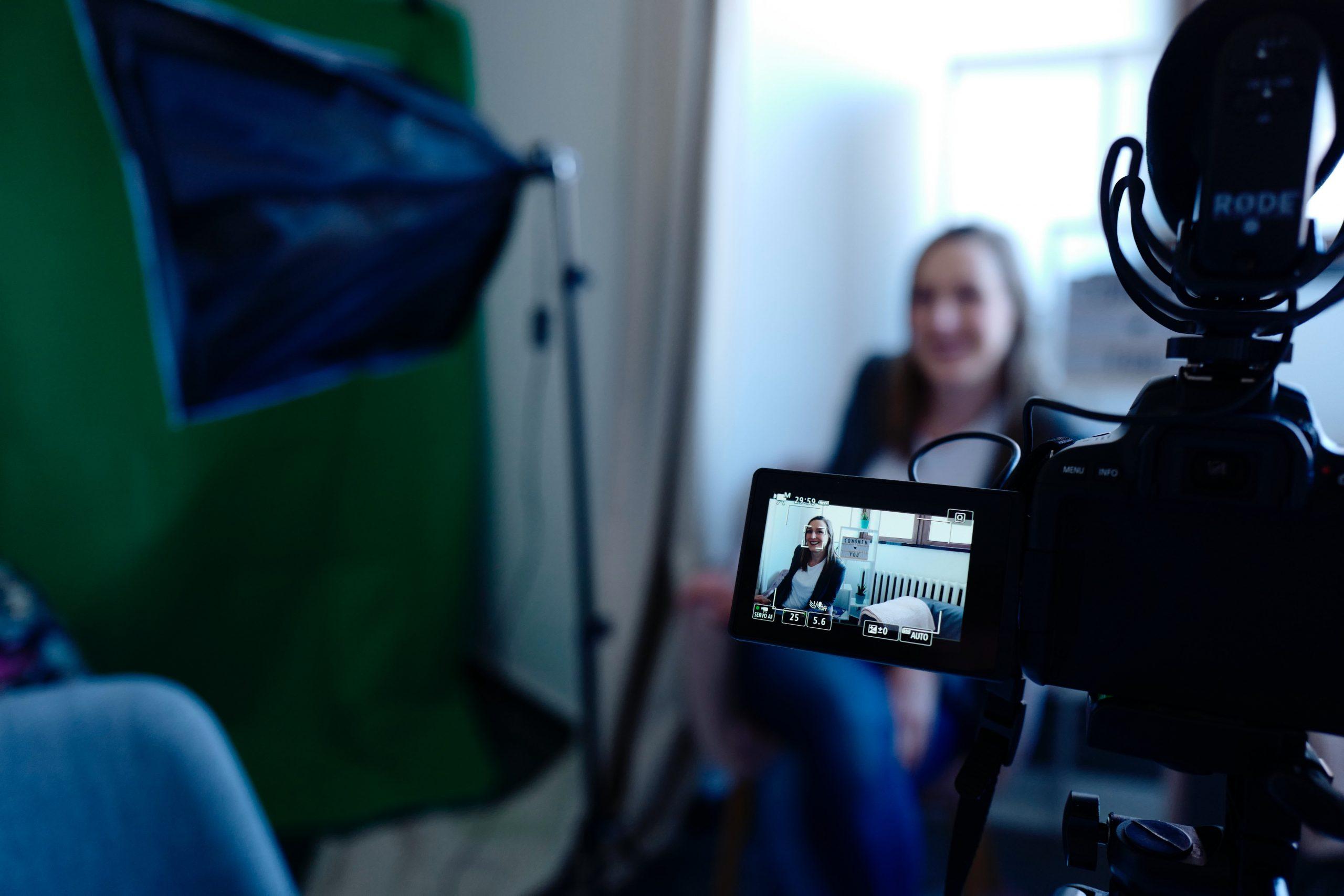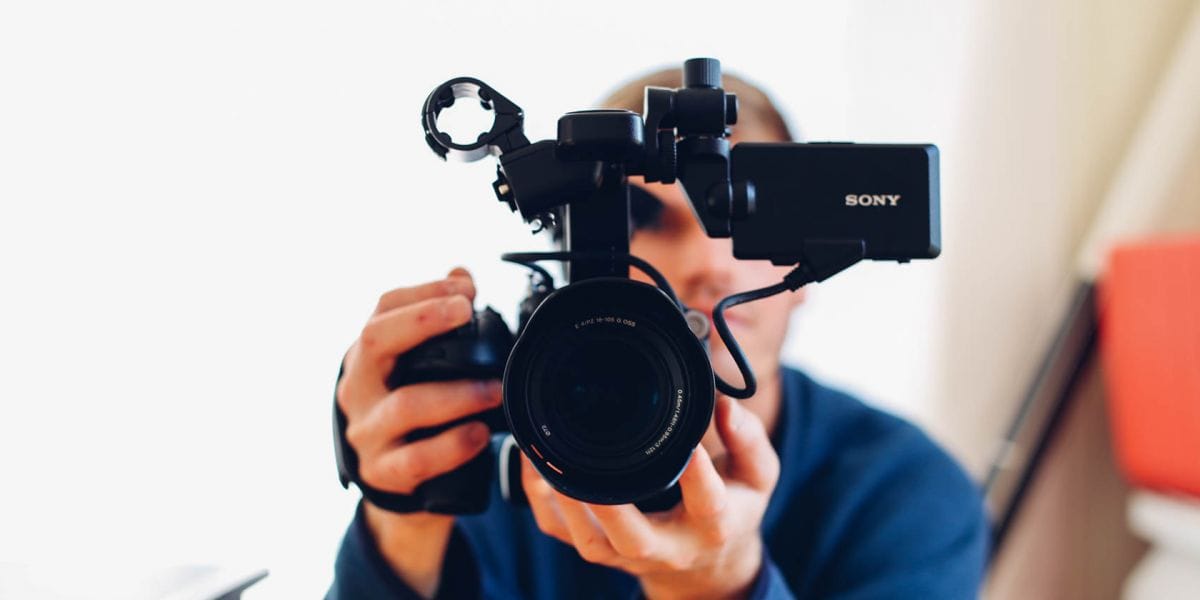The Function of Lawful Videography in Depositions and Tests
Legal videography has become a necessary device in both depositions and tests, providing a diverse method to documenting witness testimonies. By catching not only the talked word however additionally the subtleties of non-verbal communication, this tool improves the reliability of testaments and preserves important evidence for future proceedings (legal videography). As attorneys progressively identify its value, it triggers a deeper examination of how these visual documents can affect juror understandings and test results. What ramifications might these developments hold for the future of legal method?

Relevance of Legal Videography
Legal videography plays a pivotal duty in the documents and discussion of depositions and trials. This specific area incorporates technological abilities with lawful expertise to create a trustworthy record of proceedings that can significantly affect situation end results. The appearance of legal videography enhances the understanding of witness statement, enabling jurors and judges to observe not just the talked words yet also the attitude, emotions, and body movement of the witnesses.
In enhancement, legal videography supplies an unbiased account of occasions, lessening the potential for misinterpretation that can accompany written records alone. This visual paperwork serves as an important device throughout trial presentations, assisting in a clearer and even more persuasive story for both plaintiffs and defendants. Additionally, the capacity to replay video sections during court proceedings allows lawful teams to emphasize bottom lines, reinforcing their debates effectively.
The relevance of legal videography expands beyond the courtroom; it likewise plays an important role in maintaining evidence for future reference, whether for allures or further lawful action. Its combination right into the legal procedure is essential for guaranteeing a fair and precise depiction of the facts, inevitably adding to the quest of justice.

Process of Legal Videography
While recording the subtleties of depositions and trials, the process of legal videography involves a number of important steps that guarantee high-quality, exact recordings. Initially, a professional lawful videographer prepares by reviewing the case materials and comprehending the certain requirements of the deposition or test. This preparation consists of familiarizing themselves with the participants and the context, which assists in catching pertinent details.
On the day of the recording, the videographer sets up the needed tools, which usually includes high-def video cameras, microphones, and proper illumination. Guaranteeing optimal angles and audio top quality is vital, as it directly influences the performance of the recording. The videographer interacts with attorneys and individuals to develop methods, making certain that everybody understands the recording process.
During the deposition or test, the videographer diligently videotapes the process, paying close focus to both spoken and non-verbal signs. This includes recording the temperament and reactions of witnesses and attorneys. After the session ends, the videographer might edit the video footage for quality and conformity with legal criteria, producing a final product that precisely mirrors the procedures for future recommendation and use in lawful contexts.
Benefits in Depositions
The unification of videography in depositions supplies various benefits that boost the general process of collecting proof. One key advantage is the ability to record witness statements with aesthetic and acoustic integrity, providing a more accurate depiction of the witness's behavior, tone, and body movement. This multidimensional method enables lawyers and courts to analyze reliability extra efficiently than conventional written records alone.
Additionally, videographed depositions act as a powerful device for maintaining statement. Ought to a witness come to be unavailable for trial, their videotaped deposition can be played in court, ensuring that their proof stays easily accessible and relevant. This facet significantly reduces the threat of shedding vital details that can impact case end results.

Lastly, videography improves the overall professionalism and reliability of the deposition procedure, instilling self-confidence in customers concerning the thoroughness of their lawful depiction (legal videography). By leveraging modern technology, attorneys click here to read can significantly improve the effectiveness of depositions
Effect On Trials
In lots of tests, the combination of videography site here can substantially influence the discussion of proof and the jury's understanding. Lawful videography catches witness testaments and critical proof in a vibrant style, allowing jurors to involve with the material on multiple degrees. This aesthetic component boosts the narration aspect of a trial, providing context and psychological vibration that standard text-based proof might do not have.
In addition, video recordings can act as powerful devices for impeachment throughout cross-examination. When discrepancies arise in between a witness's prior statements and their court statement, video proof supplies an objective reference that can guide jurors' viewpoints. This immediacy and quality can boost the integrity of a party's narrative while simultaneously threatening opposing arguments.

Future Trends in Legal Videography
As we look toward the future of legal videography, a number of arising fads promise to improve its function within the courtroom. One considerable pattern is the assimilation of artificial knowledge (AI) in video clip analysis and editing and enhancing. AI can enhance the process of identifying key minutes in recorded depositions, permitting attorneys to rapidly access pertinent material, thereby enhancing effectiveness in instance preparation.
Furthermore, the increase of online reality (VR) and enhanced truth (AR) innovations is anticipated to change exactly how jurors see this page experience evidence. legal videography. By immersing jurors in a simulated setting, these modern technologies can provide an extra profound understanding of complex circumstances, causing even more informed considerations
Moreover, the increasing demand for remote depositions, sped up by the COVID-19 pandemic, will likely continue. Lawful videographers will certainly need to adjust to brand-new software application and platforms to guarantee premium recordings in online settings.
Lastly, the growing focus on information safety and security will necessitate stricter protocols for saving and sharing video evidence. As the legal landscape evolves, lawful videographers must stay abreast of these patterns to preserve their relevance and performance in the judicial process.
Conclusion
In recap, legal videography serves an important feature in the judicial procedure, improving the honesty of depositions and tests. As innovation proceeds to advance, legal videography is positioned to further change its function within the lawful landscape.